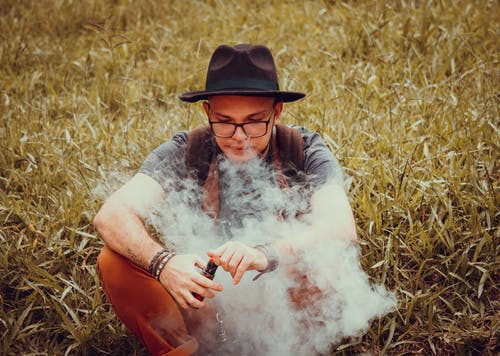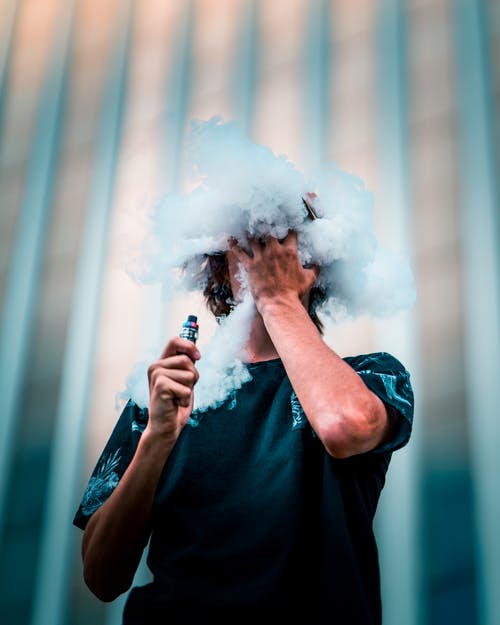Owner pleads guilty to selling fake products imported overseas.
Vape products have become increasingly popular in recent years. So much so, that in 2016, the Food and Drug Administration (FDA) decided to step in and begin regulating vaping products as “new tobacco products.” At that point, it became illegal to sell e-cigarettes to anyone under 18, then 21 in 2019, and the products required warning labels. At the time, the FDA distributed a release saying that it would “benefit addicted adult smokers who switch to these products. This would outweigh the risk to youth and lead to an overall protection of the public health.” The message became that vaping was less harmful than smoking, making these products even more popular as they began to be used for smoking cessation.
With the ever-increasing popularity of vaping, there are vape shops popping up everywhere across the U.S. Occasionally, the government will again step in as individuals take advantage of the market. This month, the Department of Justice announced Muhammad Uzair Khalid (Uzair), 36, of Garland, Texas, has pleaded guilty in the U.S. District Court for the Northern District of Texas to one felony count of trafficking counterfeit goods. He admitted that, in the nearly two-year span from October 2017 to November 2019, he “intentionally and unlawfully imported counterfeit vaping items from China, including counterfeit vaping atomizers, labels, boxes and bags for vaping-related products” in his shop.

Despite the earlier announcement by the FDA that vaping is less harmful than smoking, since August 2019, the Centers for Disease Control and Prevention (CDC), together with the FDA and state and local health departments been investigating a 2019 to 2020 nationwide outbreak of e-cigarette or vaping product use-associated lung injury (EVALI) leading to more than 1,000 reports of lung injuries, including some deaths.
EVALI was initially termed VAPI (vaping associated pulmonary illness). However, the name was changed in response to a growing number of severe lung illness cases tied to e-cigarette and vaping products. While still under investigation, experts have said they believe the injuries could be linked to the use of vaping products containing Vitamin E acetate and tetrahydrocannabinol (THC). During a November 2019 search of Uzair’s shop, the Homeland Security Investigations (HSI) special agents seized counterfeit vaping-related items, as well as a machine used to fill vape cartridges. Many of the seized items tested positive for THC and Vitamin E acetate.
Uzair’s guilty plea included an admission that he regularly communicated with Chinese manufacturers about the production and sale of counterfeit vaping products that were made to imitate the branding and logos of well-known American vape companies. He also imported and sold imitation vaping devices, labels and packaging. He engaged in these illicit activities to boost profits.
“The Department of Justice takes counterfeiting seriously,” said Acting Assistant Attorney General Brian M. Boynton of the Justice Department’s Civil Division. “We will continue working with our law enforcement partners to take these products off the market.”
“Our investigation made clear that we needed to take swift action against counterfeit vaping-related items,” said U.S. Attorney Chad E. Meacham for the Northern District of Texas. “The Justice Department will not tolerate the importation of black market goods.”
Sources:
Texas Vape Shop Owner Pleads Guilty to Unlawful Importation of Counterfeit Vaping Products


Join the conversation!